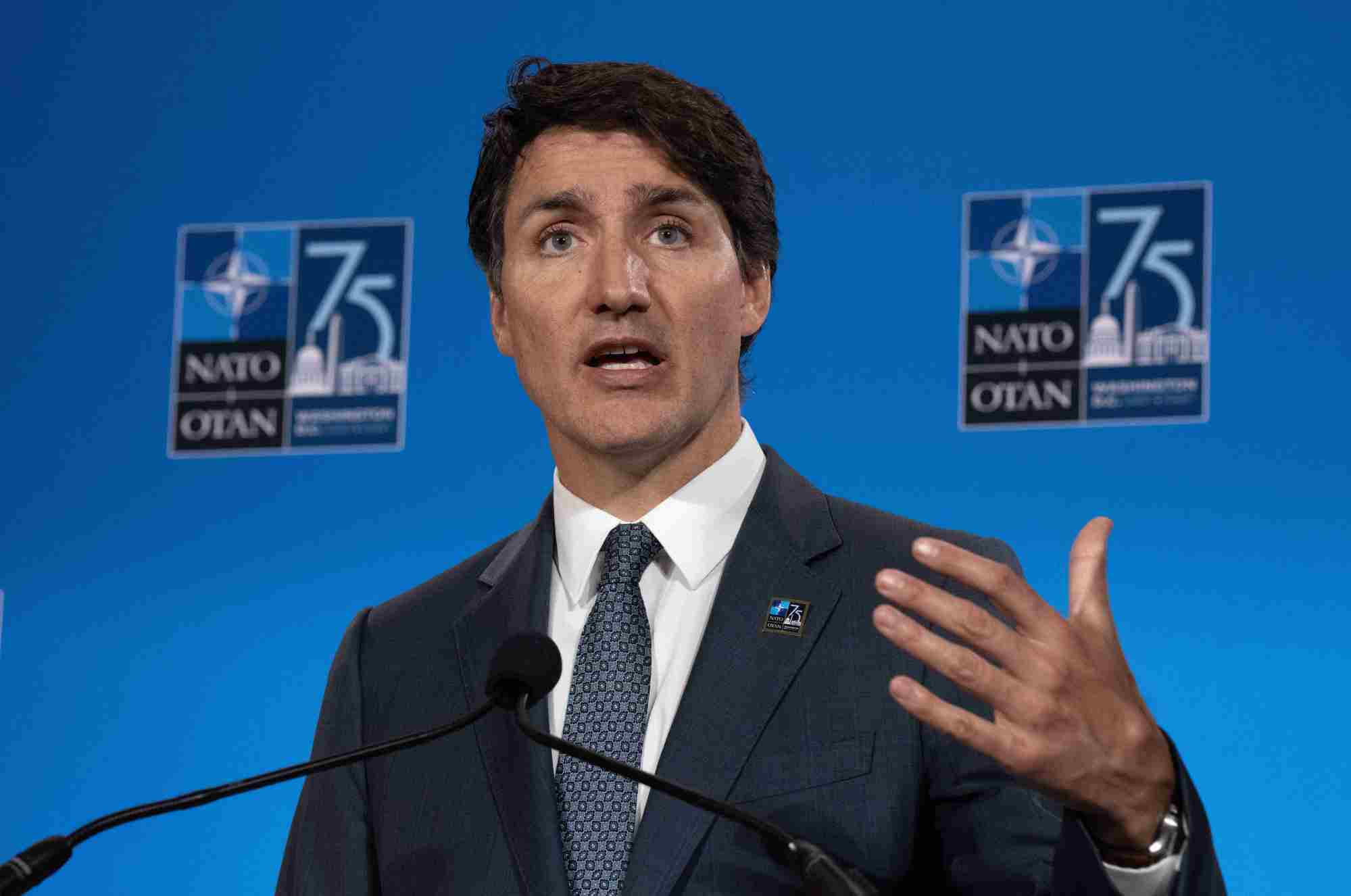Canada’s Finance Minister Chrystia Freeland hints at more comprehensive trade measures against China

Canada’s finance minister announced talks with business and labor groups next week about putting up trade barriers on vehicles made in China, hinting that the government may even extend the measures beyond cars.
The government announced a public consultation last month on how to respond to “unfair Chinese trade practices” in electric vehicles, but “the consultation could actually be more comprehensive,” Finance Minister Chrystia Freeland said in an interview with Bloomberg News on Friday.
Canada, which is heavily dependent on two-way trade with the United States, is closely watching the Biden administration’s efforts to impose higher tariffs on Chinese electric vehicles, solar panels, batteries, steel and other products.
Canada has no choice but to look at its trade relations from a national security perspective, said Freeland, who is also deputy prime minister.
“Geopolitics and geoeconomics are back. That means Western countries – and especially the United States – are placing value on secure supply chains and taking a different stance on Chinese overcapacity,” she said. “And that means Canada is playing an even more important role for the United States.”
Freeland, who is of Ukrainian descent, referred to a NATO statement this week saying China was a “key enabler” of Russia’s war against Ukraine.
“What NATO said this week about China is significant,” the minister said. “I would urge people to pay attention to it.”
Prime Minister Justin Trudeau’s government is trying to align itself with G7 allies after the Biden administration announced plans to raise tariffs on Chinese goods and the European Union announced new levies of up to 48 percent on Chinese vehicles. Canada currently imposes a levy of about 6 percent on Chinese vehicles.
Bloomberg News was first to report last month that Canada was preparing a possible increase in tariffs on Chinese-made electric vehicles, following moves by the U.S. and EU. The public consultation is the first phase of the process.
China rejects accusations by Western countries that it is flooding the market with cheap goods and warns that tariffs could harm trade and economic cooperation between Beijing and Ottawa.
The government is also under pressure domestically. It has promised billions in subsidies to encourage global car manufacturers such as Volkswagen AG and Stellantis NV to set up battery production for electric vehicles in the province of Ontario and supply them to North American assembly plants.

The Canadian auto industry is also pushing for trade barriers to be erected on Chinese electric vehicles to protect local jobs and wages. It argues that Chinese products are cheaper due to weaker labor standards.
“For me, the work there is a very important piece of the puzzle and I think it’s high time,” she said. “China is a centrally planned communist economy and has a deliberate, state-directed overcapacity policy.”
Trudeau’s government has engaged in a series of diplomatic and trade disputes with China – its second-largest trading partner after the United States. Most notable was Canada’s arrest of Huawei executive Meng Wanzhou on a US extradition warrant. China responded by imprisoning two Canadian citizens for nearly three years.
However, Freeland did not mince her words on Friday when she spoke about China. There is a widespread belief that China’s accession to the World Trade Organization more than two decades ago was a mistake, she said.
“I see in Chinese economic policy this Leninist principle – to dominate the commanding heights of the global economy and to act in a very targeted manner to undermine and eliminate Western competitors,” she said. “I think it is high time we got clear about that.”

.jpg?itok=Qexy_wA0)


